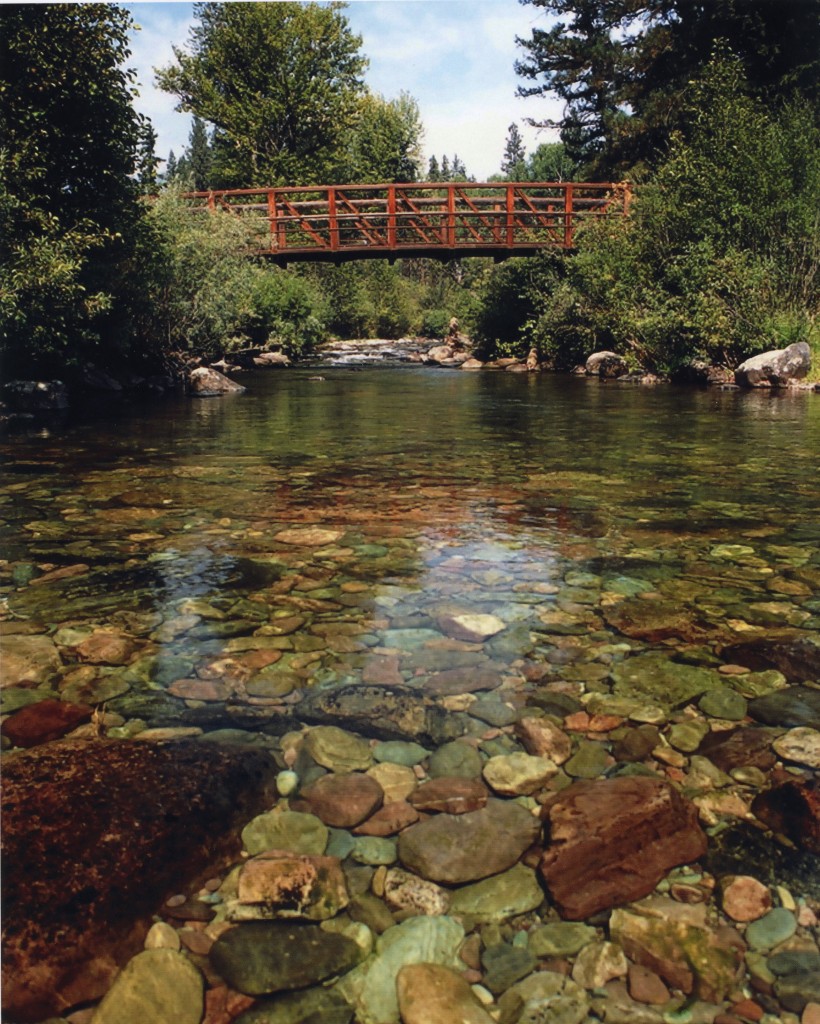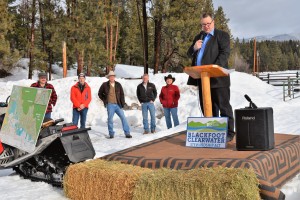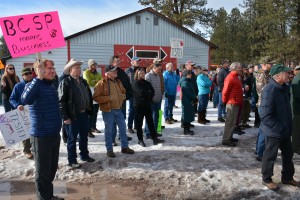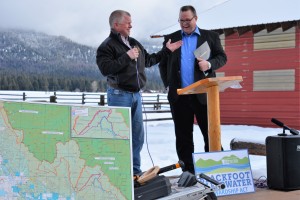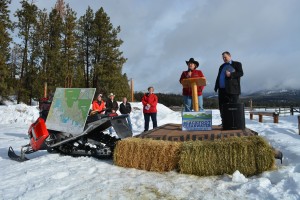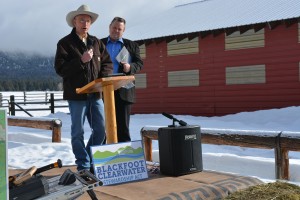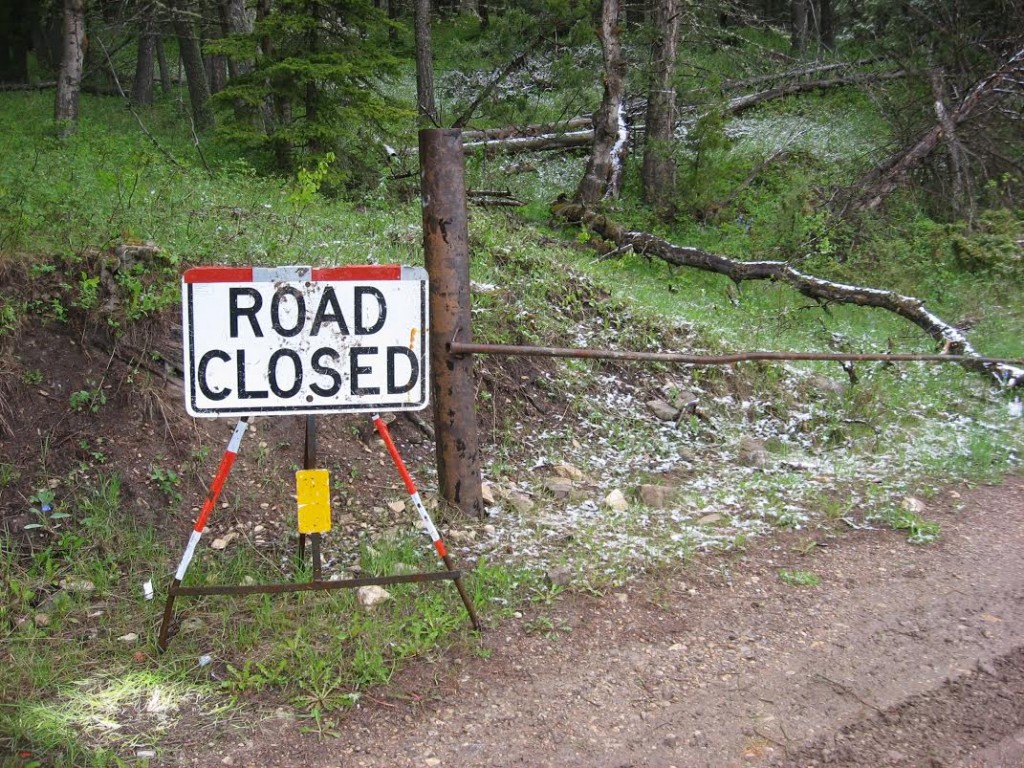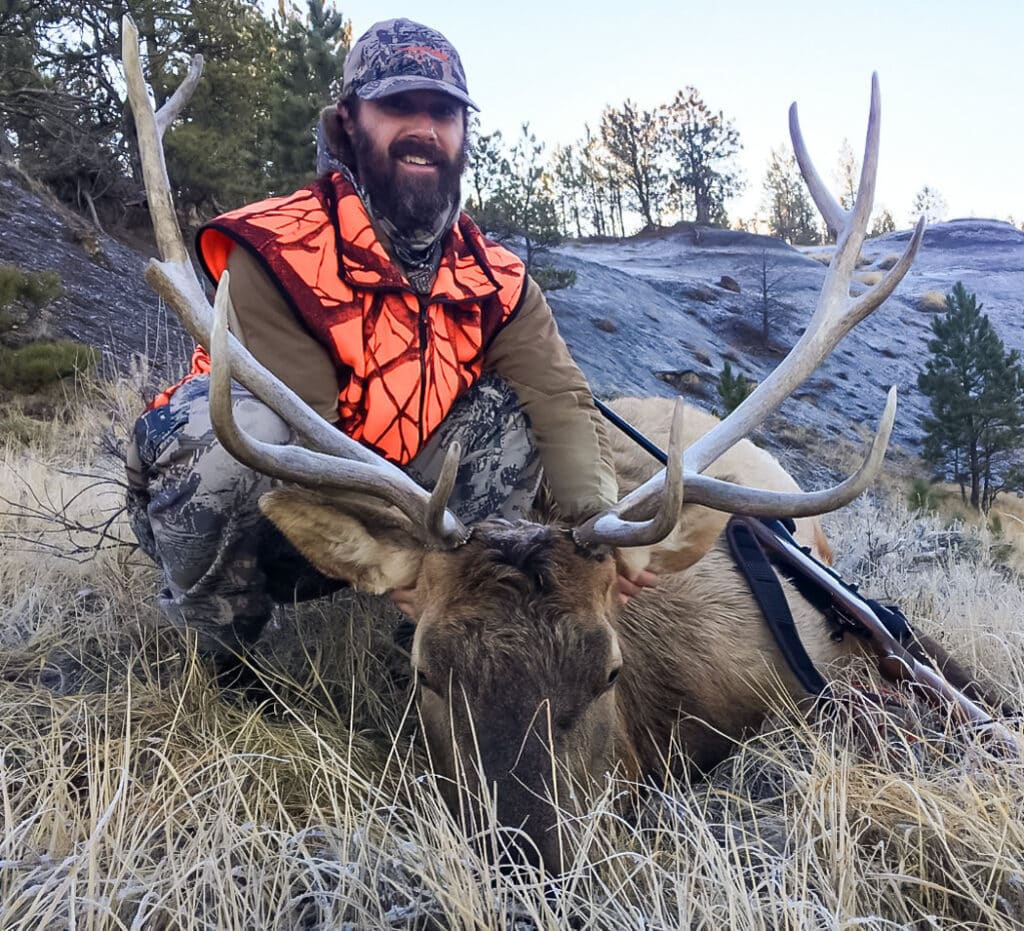
The 2017 Legislature was back at it after the transmittal break, and lawmakers in the House got to work to pass Montana Fish, Wildlife and Parks budget and send it to the Senate.
The operating budget, HB 2, contains the funding for the operations at FWP. The bill was heard before the House Appropriations committee, and passed with a few amendments. One of those is problematic because it uses federal Pittman Robertson firearm and ammunition excise tax dollars for law enforcement, which puts restrictions on what game wardens can use their time working on. We will be working to get that amended out when HB 2 is heard in the Senate Finance and Claims committee.
The budget also does one-time-only funding for the Parks and Communications and Education departments within FWP. While that’s not ideal for planning, it will give those departments a chance to review their budgets coming into the 2019 Legislature.
Next week, the House Appropriations committee will hear HB 5, the capitol improvements bill for the state that includes the Habitat Montana program. MWF has worked with 11 other sportsmen and conservation organizations to build a coalition to get Habitat Montana spending authority fully restored. We will be organizing to ensure that the committee hears the voices of hunters and anglers about the importance of our best habitat and access program.
Livestock Loss Prevention
SB 73 to renew the state Livestock Loss program was heard this week in the House Agriculture committee. This bill brings together conservation and agriculture groups to seek solutions to the difficult issues of living with wolves and grizzly bears. The bill renews the program that would sunset this year, and it includes funding for prevention work that includes carcass management, fencing and range riders. MWF has worked throughout the past year to build successful programs that benefit people and wildlife.
Hunters Against Hunger, CWD and other bills
SB 183, to lift the sunset on the Hunters Against Hunger program, passed out of House FWP and is sailing toward passage. In addition, this week SJ 9, calling for a study of chronic wasting disease, passed out of the Senate Fish and Game committee 7-4. We strongly support this effort to look into the biggest threat to ungulate herds and how to prepare for its arrival in Montana.
In addition, HB 324 to overhaul how state parks are managed passed out of the House. MWF opposes this bill and will work on the Senate side to kill it. While we understand that the parks have maintenance issues, those are best handled within the department under the leadership of the FWP director.
As always, check the Montana Wildlife Federation bill tracker at montanawildlife.org for the most up-to-date information on bills and where they’re at in the process. For questions, contact MWF Conservation Director Nick Gevock at ngevock@mtwf.org or by calling 458-0227 ext. 108.

